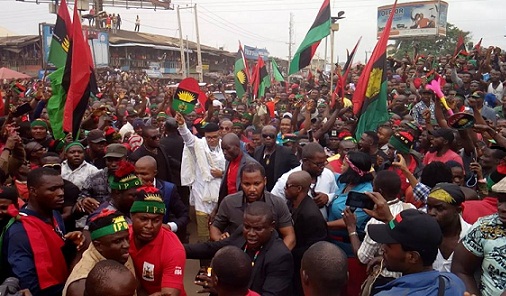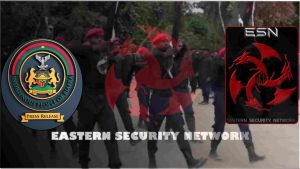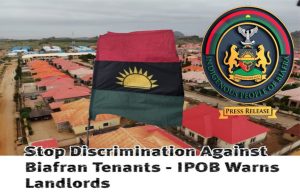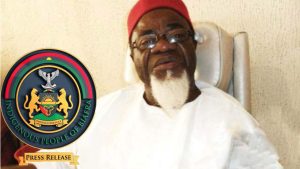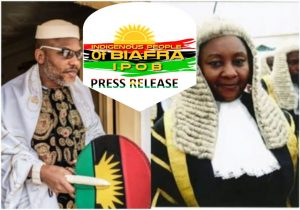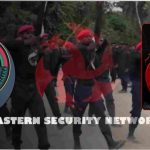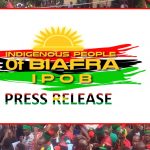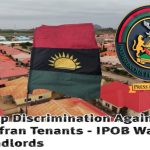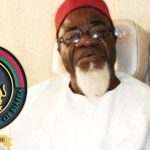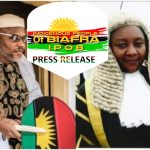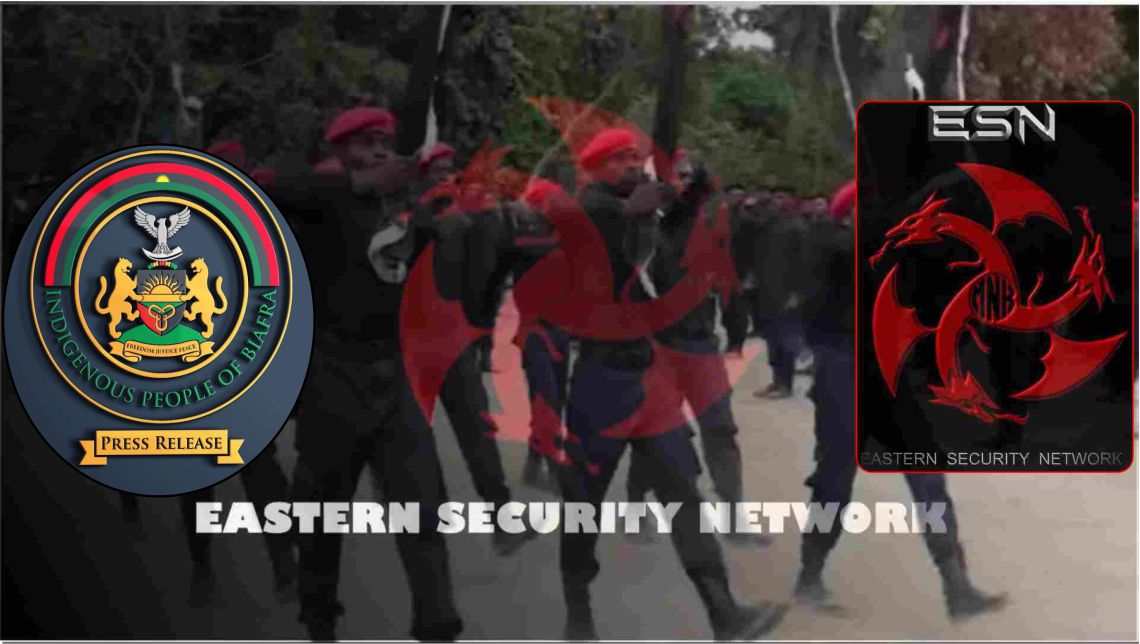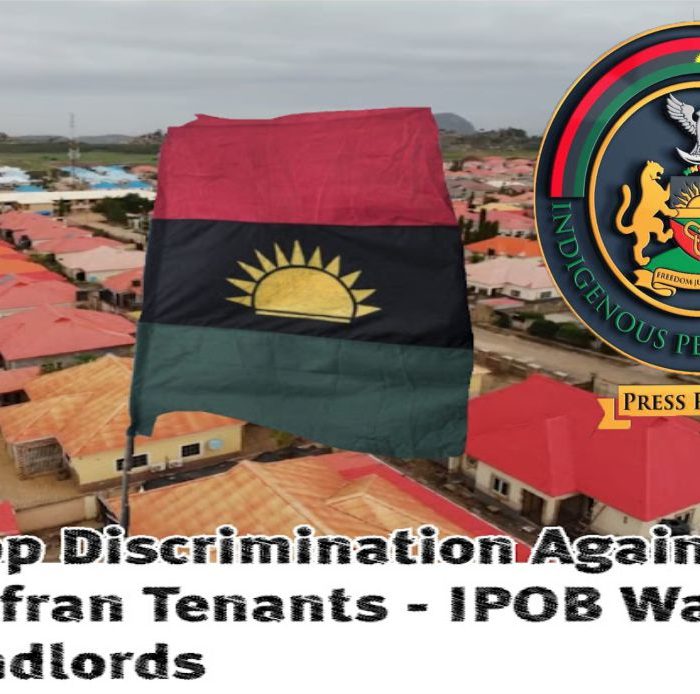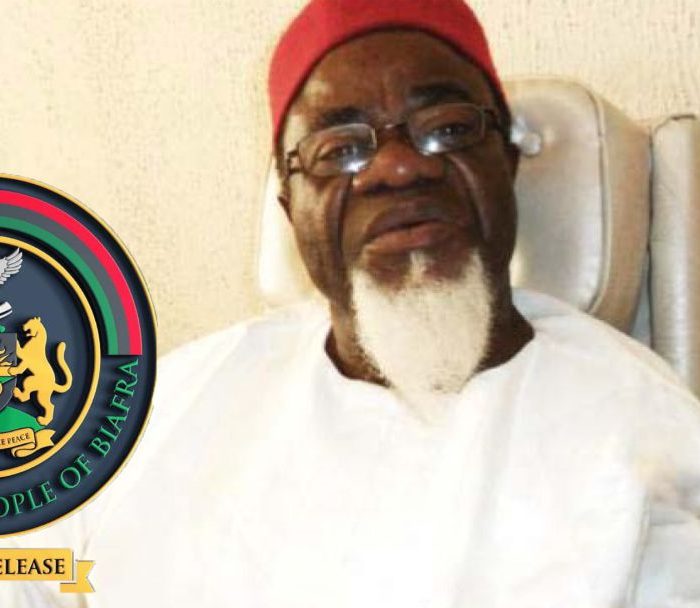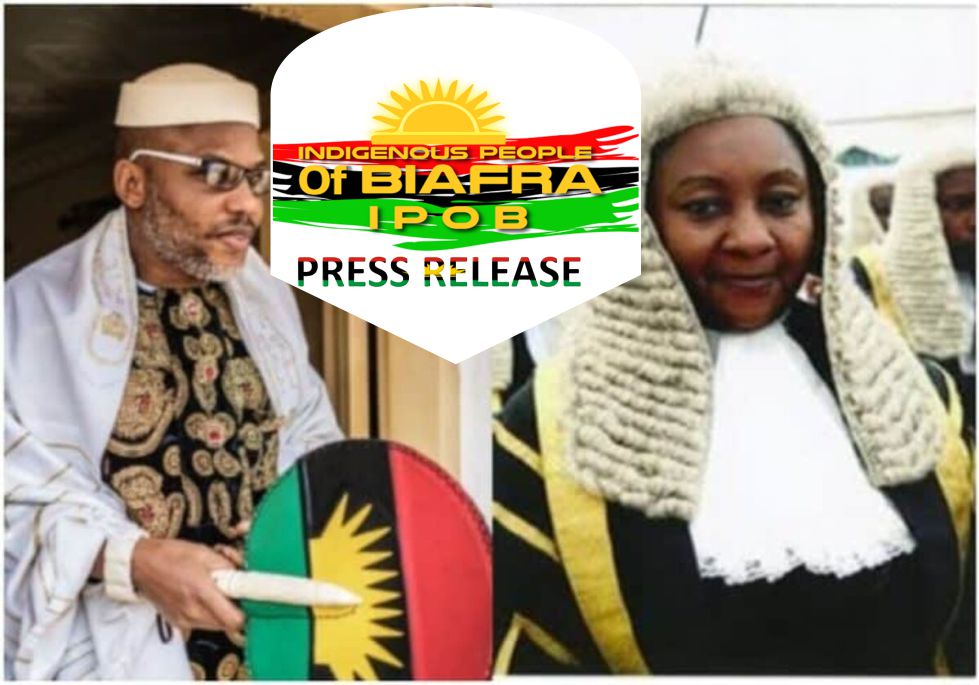September 28 2023 | Radio Biafra
There is no gainsaying to the fact that in the contemporary landscape of global nonviolent resistance movements, few have quite captured the world’s attention like the Indigenous People of Biafra (IPOB) under the leadership of Mazi Nnamdi Kanu. At the heart of this movement lies a fervent commitment to nonviolent resistance as a means to achieve self-determination, justice, and human rights.
To whom it may concern, IPOB is a socio-political movement founded by Mazi Nnamdi Kanu in 2012. Her primary objective is to advocate for the self-determination of the Biafran people in the present Eastern Nigeria. This self-determination is a right to decide for one self, like Biafrans are asking. Biafra is a nation which existed more than 500 years before the creation of Nigeria by Britain – A Colonial imperialist that till today through Nigeria, have continued to subject the Biafran people into hardship and suffering
Since referendum is an established democratic process through which the people decide and settle any issue, at its core, IPOB seeks to address the historical grievances of the Biafran people, including issues of marginalization, discrimination, and socio-political exclusion. The movement asserts that self-determination is a fundamental human right, and they demand a referendum to allow the Biafran people to decide their own destiny. This is in line with African charter on human rights and article 12 of United Nations charter on self-determination.
IPOB’s approach to achieving self-determination is firmly rooted in the principles of nonviolent resistance. This commitment to nonviolence is a stark departure from the violence that was levied on Biafran people in the late 1960s. Mazi Nnamdi Kanu has consistently emphasized the importance of peaceful approach in achieving the movements objective. Despite his peaceful posture, those responsible for genocide against Biafrans have continued to beat the drums of war by declaring referendum an act of war.
This ludicrous behaviour from attackers of peaceful conduct is a clear indication to why the choice of nonviolence is not accidental; it reflects a deep understanding of the power dynamics inherent in nonviolent resistance. Lessons drawn from transnational networks of nonviolent movements have informed IPOB’s approach.
These lessons include: Despotic regimes often rely on a combination of propaganda, patronage, apathy, political legitimacy, and calibrated violence to maintain control. Fear is a potent tool in this arsenal. However, nonviolent resistance begins by challenging this fear and creating low-risk avenues for citizens to signal their solidarity with one another. In doing so, dissidents can expose the regime’s tactics and vulnerabilities.
IPOB have leveraged nonviolent tactics, such as protests, rallies, and civil disobedience, to galvanize support and raise awareness about their cause. By providing opportunities for citizens to express their grievances peacefully, IPOB have effectively chipped away at the fear and apathy that once shrouded the Biafran people’s aspirations for self-determination.
Transnational networks of nonviolent resistance have shown that unity and solidarity among dissidents are essential. Movements like Serbia’s “Otpor” and the American civil rights movement under Martin Luther King Jr. harnessed the power of collective action to effect change. IPOB, too, places great emphasis on unity among Biafran people and supporters of their cause.
The toolbox of nonviolent resistance is vast and versatile. Gene Sharp in his book “Waging Nonviolent Struggle,” lists 198 methods of nonviolent action. These methods include protests, boycotts, sit-ins, blockades, fasting (hunger strikes), and more. The choice of tactics depends on the specific political and cultural circumstances.
IPOB has employed a range of nonviolent tactics to advance their cause. Peaceful protests, demonstrations, and boycotts have been instrumental in drawing attention to their grievances and generating support. These tactics are carefully chosen to resonate with the values and sensibilities of the Biafran people.
As the movement continues to advocate for a referendum and self-determination, it underscores the universal principles of human rights and the right of all people to determine their own destiny. IPOB’s journey reminds us that the struggle for justice and freedom is not confined by borders or limited by violence—it is a testament to the enduring human spirit’s capacity to resist oppression and injustice through peaceful means.
The lessons drawn from transnational networks of nonviolent resistance continue to guide their path toward a more just and equitable future. IPOB’S commitment to achieving self-determination for the Biafran people through peaceful means exemplifies the enduring legacy of champions for justice and freedom.
Source: The Biafra Herald
Published by:
Chibuike Nebeokike
For: Radio Biafra Media


